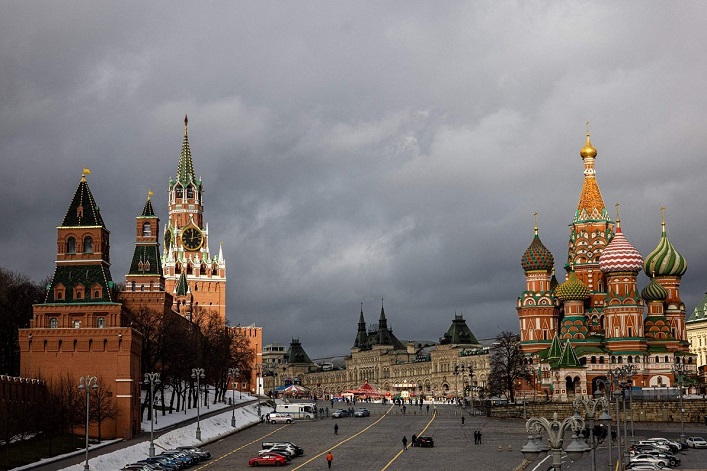Tom Keatinge, director of the RUSI Center for Finance and Security, pointed out that loans are being provided to Ukraine, secured by the proceeds from frozen Russian assets; however, the funds themselves remain inaccessible due to legal and financial considerations.
Central bank assets benefit from sovereign immunity, but in the case of confiscating Russian assets, the principle of international law known as countermeasures can be invoked. This principle allows for actions to be taken that would typically be illegal, so long as they are proportionate and undertaken in response to illegal actions by another state, in order to encourage compliance with international obligations.
Keatinge emphasizes that to eliminate the risk of the Russian central bank’s assets being released and returned to the Kremlin in July, Europe must leverage the countermeasures argument and remove the assets from Moscow’s control. This could be achieved by transferring them to a newly established structure in Belgium, under EU oversight, and assigning legal title to the assets to a trust benefiting Ukraine.
The assets would not be legally transferred to Ukraine but would be utilized to generate stable income for its defense procurement and ongoing financial requirements.
